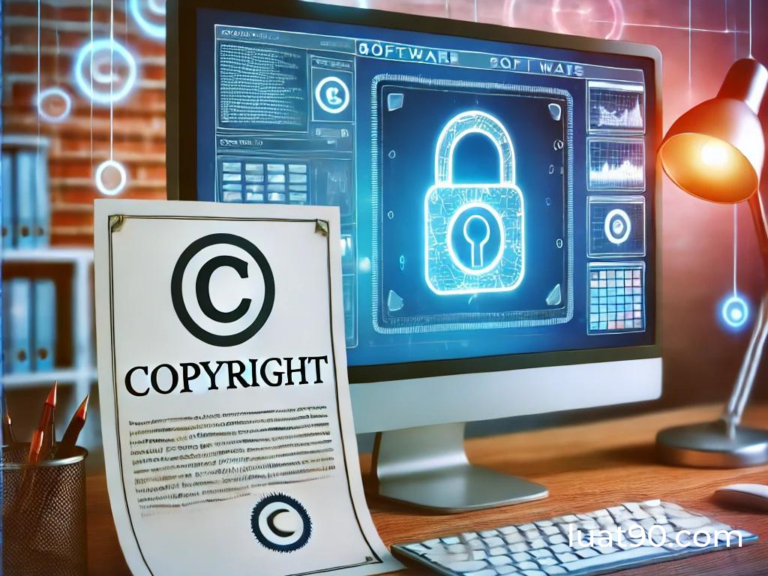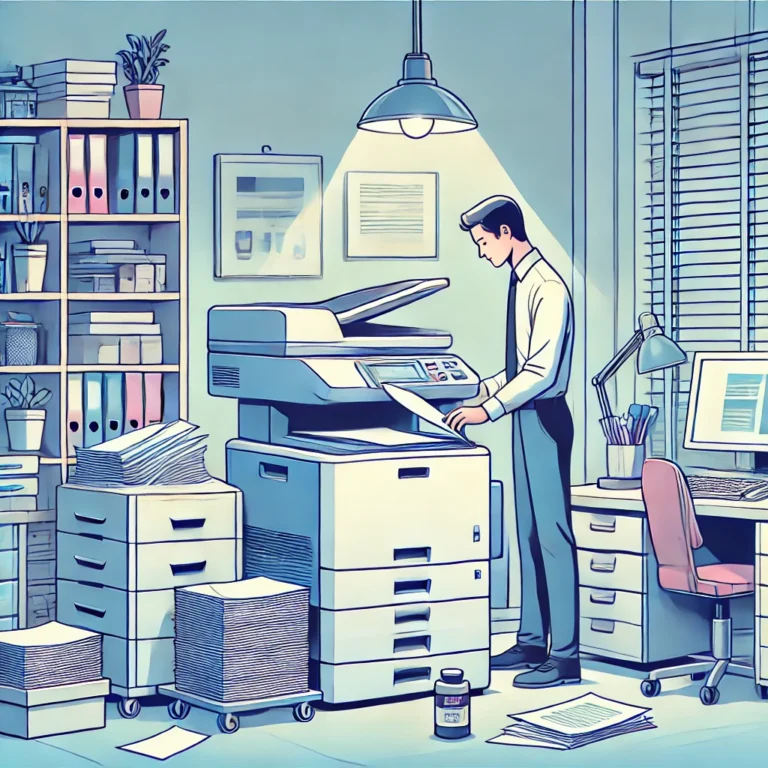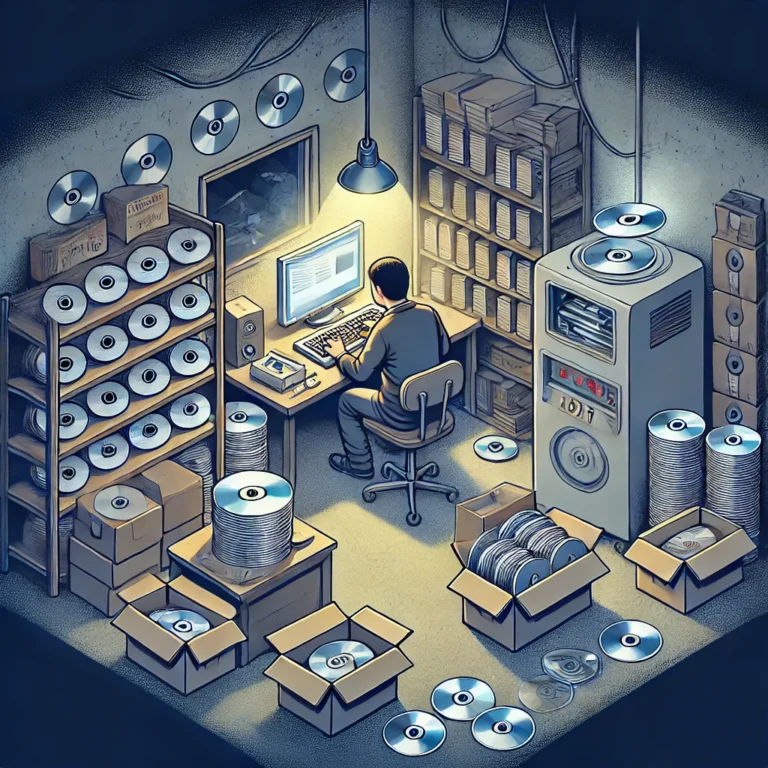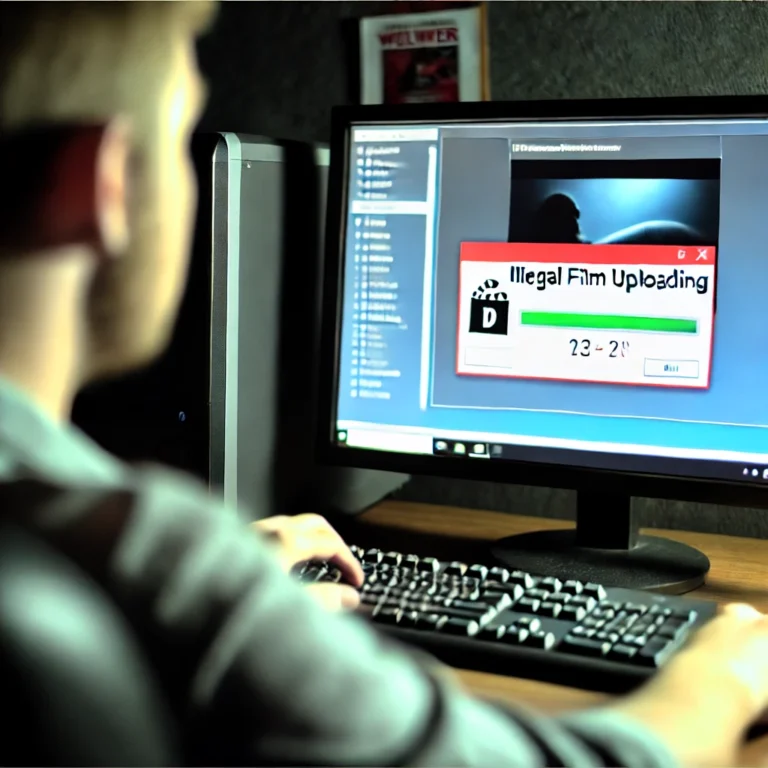Call us now:
Acts of copyright infringement under Vietnamese law. Acts of copyright infringement are unauthorized actions involving the use, copying, or exploitation of works without the permission of the author or copyright owner. Below are some common acts of copyright infringement based on legal regulations.
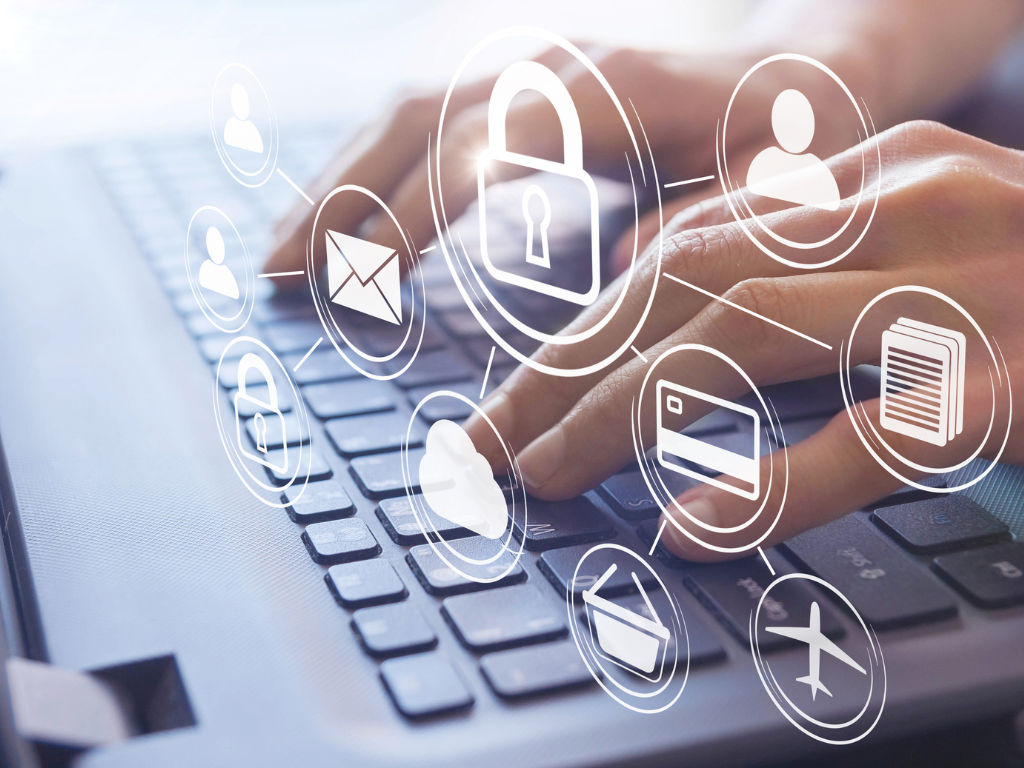
Acts of copyright infringement: Violation of moral rights
The author has the right to name their work and may transfer the right to use this name to another organization or individual. Using the name of the work without the author’s consent or disrespecting this right constitutes a violation of the author’s moral rights.
The author has the right to use their real name or a pseudonym on their work and to have their real name or pseudonym recognized when the work is used. Infringements of this right include failing to credit the author, misrepresenting the author’s name, or intentionally attributing the work to someone else.
The author has the right to publish or allow others to publish their work. If a work is published without the author’s permission, it is considered a violation of their moral rights.
The author also has the right to protect their work from distortion, modification, or mutilation that harms their honor and reputation. Any alteration to the work without the author’s consent is a violation of this right.
Acts of copyright infringement: Violation of property rights
Creating derivative works: A derivative work is one that is created based on an existing work, such as adaptations, translations, modifications, or converting the original work into a new form. Creating a derivative work without the permission of the author or copyright owner constitutes a violation of property rights. For example, adapting a novel into a film without the author’s consent infringes upon the copyright of the original work.
Public performance of works: Performing a work publicly without the permission of the author, whether live or through recordings, is also a violation of property rights. This includes performances at events, theaters, or even broadcasting the work on television or the internet where the public can access it without the ability to freely choose the time or specific part of the work to view.
Copying the work: Copying a work, whether in whole or in part, directly or indirectly, without the author’s consent is an infringement of property rights. Copying can take various forms, such as printing, digital reproduction, or recording by any other means. This is one of the most common forms of copyright infringement, especially in today’s digital landscape.
Distribution and importation for distribution: Distributing or importing for distribution the original or copies of a work without the copyright owner’s permission is a violation of property rights. This includes selling, gifting, or transferring ownership of copies in tangible forms such as books, CDs, or DVDs without the copyright owner’s approval.
Broadcasting and communicating the work to the public: Broadcasting or communicating a work to the public through means such as wired, wireless, or electronic networks without the author’s consent constitutes copyright infringement. This includes making the work available on digital platforms, such as streaming or downloading from websites, allowing the public to access it at a time and place of their choosing, without the copyright owner’s authorization.
Renting the original or copies of a work: Renting out originals or copies of cinematographic works or computer programs without the permission of the author or copyright owner also violates property rights. This applies particularly to works where films or computer programs are the main objects being rented out.
Acts of copyright infringement: Failure to fully comply with legal obligations
Organizations and individuals are responsible for adhering to copyright obligations, including ensuring compliance with the provisions of Articles 25, 25a, and 26 of the Intellectual Property Law. Failure to fulfill or fully comply with these obligations also constitutes an act of copyright infringement.
Acts of copyright infringement: Intentional disabling of technological protection measures
The intentional disabling of technological measures designed to protect copyright is a serious violation in the field of intellectual property protection. These technological protection measures typically include encryption methods, digital rights management (DRM), or other protective tools used to prevent unauthorized copying, distribution, or access to copyrighted works.
This disabling occurs when an individual or organization deliberately weakens or removes these protective measures to engage in copyright infringement, such as copying, distributing, or altering works without the copyright holder’s permission. Such actions may involve breaking encryption, removing DRM, or using software or devices to bypass protection mechanisms.
Acts of copyright infringement: Production and distribution of devices supporting copyright infringement
The production and distribution of devices that facilitate copyright infringement is a serious form of intellectual property violation. These devices or software are typically created with the intent of bypassing or disabling technological protection measures, such as digital rights management (DRM), content encryption, or other copyright protection systems.
Production of Devices or Software Supporting Infringement: This refers to the creation or provision of tools, software, or devices capable of bypassing technological measures that protect copyright. For example, software or devices may be designed to crack DVD encryption, remove DRM from music or video files, or break security locks on protected digital documents.
Distribution and Importation of Infringing Devices: The sale, promotion, or distribution of such devices or software, whether online or through other distribution channels, is considered a copyright violation. Even the act of importing these devices for distribution in another country is regarded as an infringement.
Acts of copyright infringement: Removal or alteration of rights management information
Copyright infringement by removing or altering rights management information is a serious violation within the field of intellectual property. Rights management information includes details such as the author’s name, the origin of the work, ownership information, and conditions for using the work. Deliberately removing or altering this information without the permission of the author or copyright owner can lead to significant negative consequences.
This act may involve removing the author’s name from the work, changing the name or ownership information, or modifying other details to conceal the true origin of the work. For instance, an individual might download a digital work, delete or change its copyright information, and then distribute the work as if they own it.
The removal or alteration of rights management information can facilitate other infringing activities, such as unauthorized copying, distribution, or use of the work. This not only undermines the author’s control over their work but also makes it more difficult to hold infringers legally accountable.
Acts of copyright infringement: Intentional Distribution, Importation for Distribution, Broadcasting, Communication, or Providing to the Public Copies of a Work with Knowledge or Reason to Know that Rights Management Information Has Been Removed, Altered, or Deleted Without Permission of the Copyright Owner
This infringement refers to an individual or organization deliberately distributing, importing, broadcasting, or communicating to the public copies of a work where the rights management information (such as details about the author, origin, or ownership) has been removed, altered, or deleted without permission. This often occurs when someone attempts to conceal the true origin of the work or facilitate copyright violations.
When an organization or individual knows, or has reason to know, that the rights management information has been altered or removed and still continues to distribute the work, this action not only constitutes copyright infringement but may also be seen as intentional support for or concealment of other related violations. This increases the severity of the offense and may result in more serious legal penalties under the law.
Acts of copyright infringement: Failure to Comply with or Incomplete Implementation of Regulations for Legal Exemption of Liability for Intermediary Service Providers
According to Clause 3 of Article 198b of the Intellectual Property Law, intermediary service providers (such as online platforms or internet service providers) may be exempt from legal liability for copyright infringement if they fully comply with the relevant legal provisions. This includes implementing measures to promptly prevent or address copyright violations on their platforms when notified by the copyright owner.
If these businesses fail to implement or inadequately implement the required measures, they may be considered accomplices or held legally liable for copyright infringements occurring on their platforms. This emphasizes the importance of fully adhering to legal requirements in order to protect intellectual property rights in the modern digital environment, where copyright violations can happen quickly and on a large scale.
Contact Us Now:
DCNH LAW
Address: 38B Tran Nhat Duat, Phuoc Hoa ward, Nha Trang city, Khanh Hoa province, Vietnam.
Phone: (+84) 343320223 – 974278893
Email: dcnh.law@gmail.com

